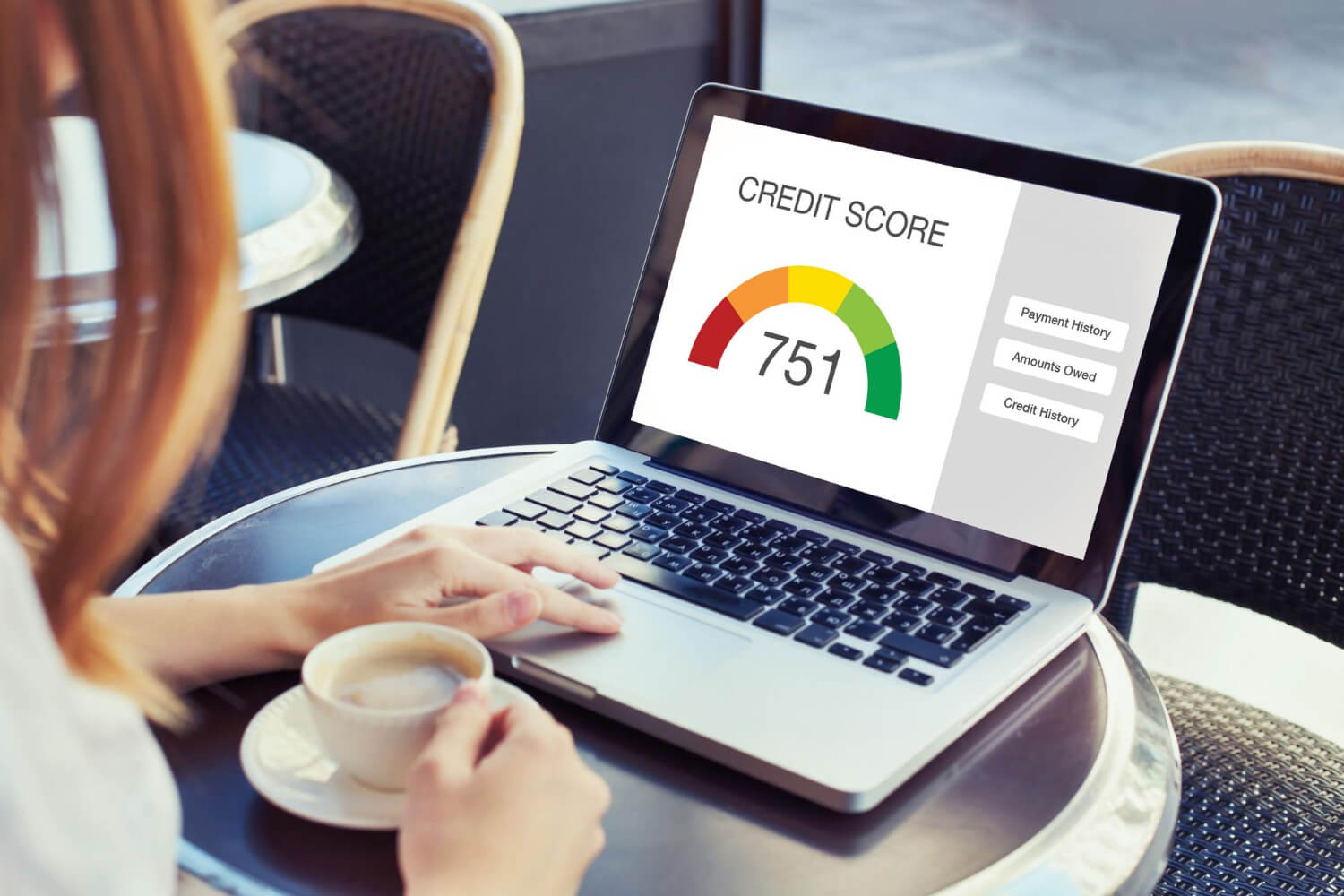Before you begin building or improving your credit, the very first step is to check your credit report. Understanding where you currently stand will give you a clear starting point and help you identify any issues that could be holding your credit score back.
Why Checking Your Credit Report Matters
Your credit report is a detailed record of your borrowing history, including credit cards, loans, payment activity, and outstanding balances. It’s the foundation used to calculate your credit score, and it’s the same report lenders, landlords, and even employers may review.
By checking your report:
- You’ll know your current credit status.
- You can spot and dispute errors that may be unfairly lowering your score.
- You’ll gain insight into what lenders see when evaluating your applications.
Even small mistakes—like a late payment wrongly reported or an account you don’t recognize—can significantly hurt your credit score. That’s why reviewing your report regularly is essential.
Where to Check Your Credit Report for Free
The good news is that you don’t have to pay to see your credit report. Here are the most trusted free sources:
- AnnualCreditReport.com – The only federally authorized website where you can request a free credit report from all three major credit bureaus (Equifax, Experian, and TransUnion) once every 12 months.
- Credit Karma – Provides free access to your credit reports and scores, plus ongoing monitoring and alerts if there are changes.
- Credit Sesame – Another free service that offers access to your credit score, personalized tips, and monitoring tools to help protect against identity theft.
What to Look For on Your Credit Report
When reviewing your credit report, pay close attention to:
- Personal Information – Ensure your name, address, and social security number are correct.
- Account Information – Review credit cards, loans, and payment history for accuracy.
- Public Records – Check for bankruptcies, judgments, or liens that may be listed.
- Inquiries – Verify that all hard credit inquiries were authorized by you.
If you spot any errors, you have the right to dispute them with the credit bureau. Fixing these mistakes can quickly improve your credit score.
Final Tip: Make Credit Monitoring a Habit
Checking your credit report isn’t something you should do just once—it’s a habit worth maintaining. Regular monitoring helps you track your progress, protect against fraud, and stay on top of your financial health. Think of it as your first defense in building strong credit.









